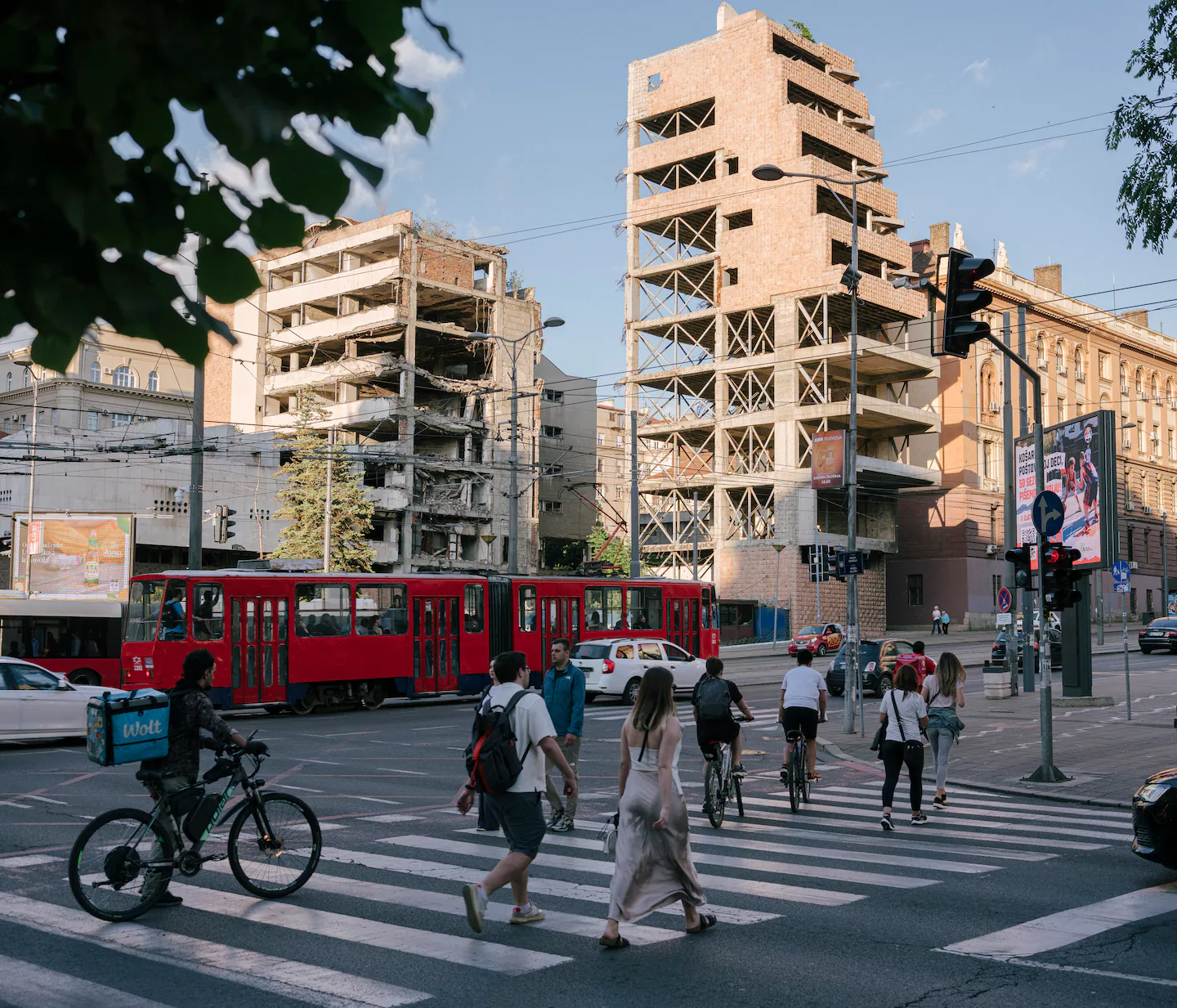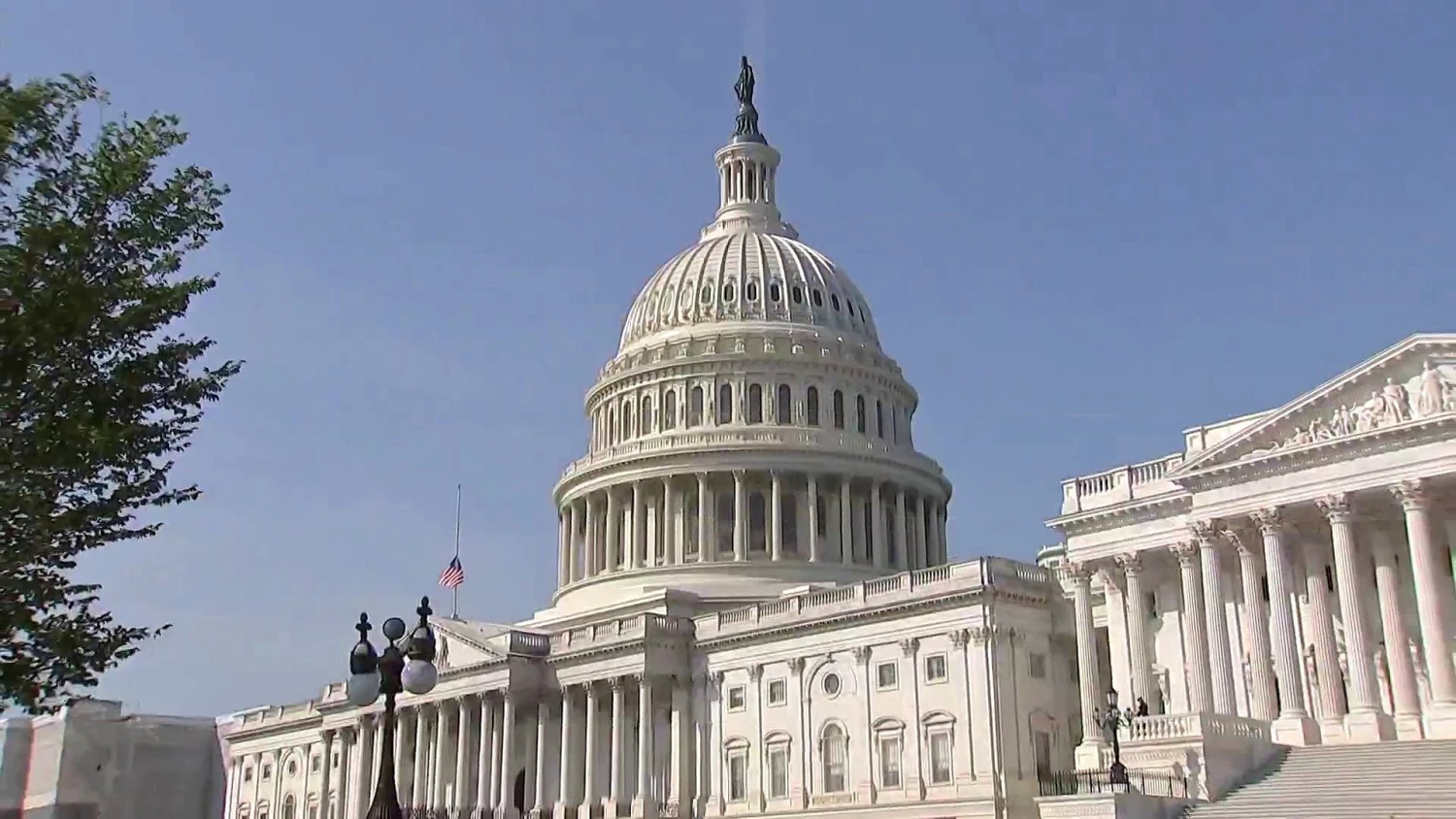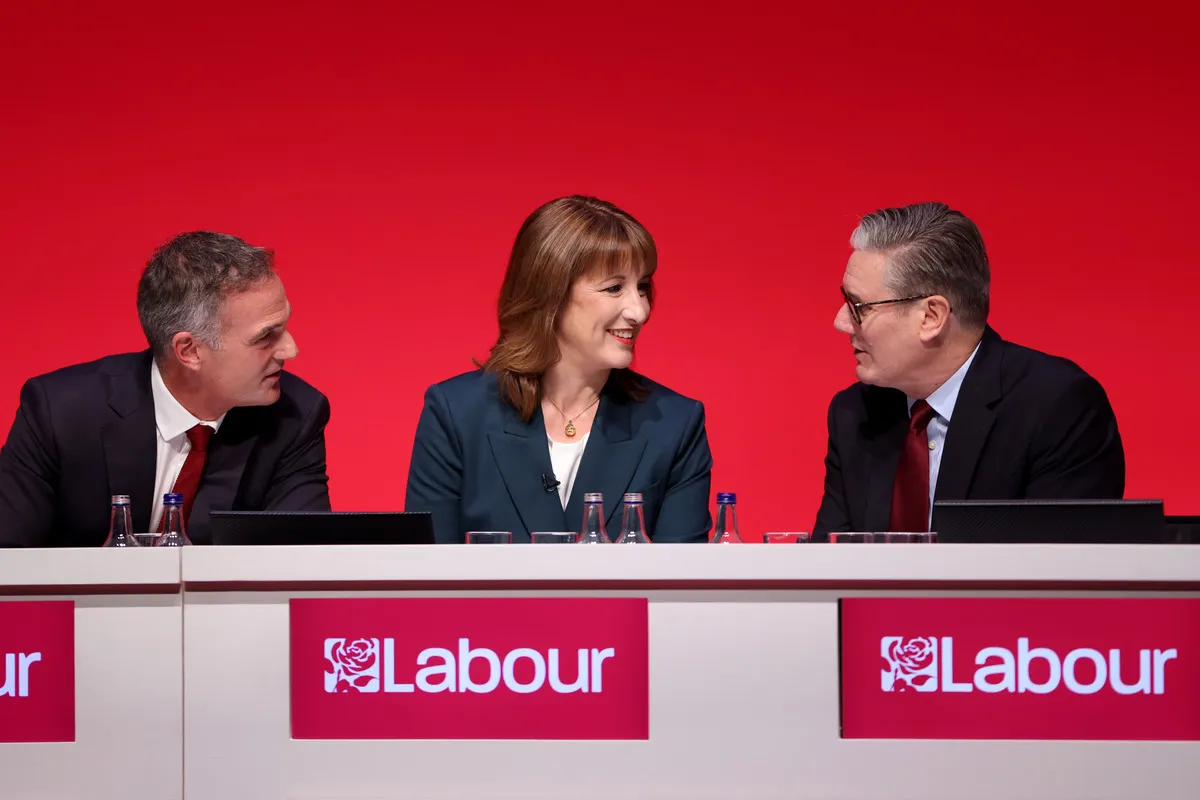Copyright The Boston Globe

But last weekend, lawmakers from the governing party of President Aleksandar Vucic announced they would use an extraordinary provision in the constitution to introduce a law that would restart the project. The legislative wrangling drew condemnation from students, prosecutors, preservationists, and opposition politicians in the latest provocation after more than a year of anti-corruption protests against Vucic’s government. As debate over the provision began this week, the European Commission issued fresh concerns about eroding rule of law and democracy in Serbia, which has sought for more than a decade to join the European Union. Yet there had been little doubt that the legislation would pass. It was advanced by Vucic’s Serbian Progressive Party and its allies, which hold a majority in parliament, and officials said Friday it would take effect Saturday. The lawmaker who introduced the measure, Milenko Jovanov, said in parliament Tuesday that it would revitalize bombed-out buildings that have sat largely empty “with no plan for what to do with them.” He also said the hotel project could curry favor with the Trump administration at a time Serbia is trying to maintain relations with Moscow and the West. Trump has imposed a 35 percent tariff on Serbian imports, and US sanctions have hampered a Russian-owned company that is Serbia’s main oil supplier, as well as some of Vucic’s allies. “We are opening up space and creating opportunities for the country to move forward,” Jovanov said. “That’s our main goal and our main task. “Whether that will lead to improving relations with the Trump administration, with the United States — honestly, I would like that,” he added. Critics said the law would demolish a building that one opposition lawmaker, Marinika Tepic, called “a symbol of resistance, and proof that a nation that has been shattered, and a state that has collapsed, can rise again.” “Today, you want to turn that symbol into a luxury complex, just to please Donald Trump,” Tepic said during the parliamentary debate. “On the very spot where bombs once fell, you now plan to pour Champagne.” The General Staff building was completed in the 1960s and is considered by some a masterpiece of post-World War II modernist architecture. It was devastated by NATO airstrikes in 1999 to punish Serbia’s aggressions against ethnic Albanians in neighboring Kosovo. Trump first floated the idea of building the hotel in 2013. In May 2024, Serbia approved plans to build the 175-room hotel, retail space and more than 1,500 residential units on the General Staff site under a 99-year lease with a company affiliated with Jared Kushner, Trump’s son-in-law. The plans also included a memorial to victims of the NATO bombings. Soon after Trump was reelected, the Serbian government declared the site was no longer considered a culturally protected asset. However, Serbia’s organized-crime prosecutor this year charged the director of the state-run culture institute with falsifying documents to justify stripping the complex of its protected status. Other government culture officials have since been charged. The new law overrides existing regulations that govern the use of the complex, including its protections as a Serbian heritage site. The legislation was drafted under a constitutional procedure that experts said was intended for use only in extreme circumstances. It was not clear whether the law could quash the criminal cases against the officials. In a statement Tuesday, the organized-crime prosecutor’s office said Vucic had “attempted to exercise inappropriate and unauthorized influence” by criticizing the cases in a TV interview. But prosecutors avoided discussing the case itself. A spokesperson for Vucic said that the president’s office was not involved in the project and referred questions to Serbia’s powerful finance minister, Sinisa Mali. Mali, who has ties to the White House through Richard Grenell, Trump’s longtime ally and current envoy for special missions, did not respond to requests for comment. Vucic and his allies have used the extraordinary constitutional provision to push other projects forward — potentially before courts can consider appeals to stop them, said Vladimir Obradovic, a Belgrade University professor. “That’s their modus operandi — to remove institutional and public oversight, create a space for corruption, and cover it with the pretext of urgency and development,” said Obradovic, a former politician who opposed Vucic’s government. He is also a member of an independent panel investigating government shortfalls that contributed to the collapse of a train station canopy last year that killed 16 people. Those deaths fueled the protests against Vucic, including a hunger strike that began this week outside parliament by the mother of one of the victims.



